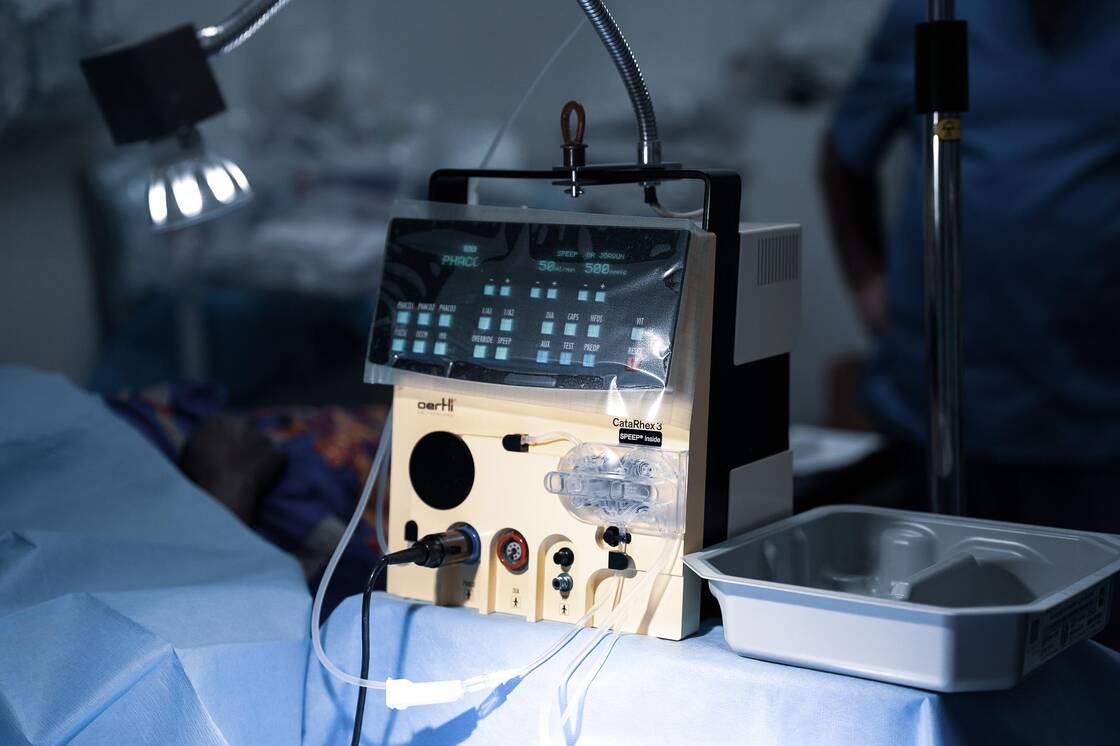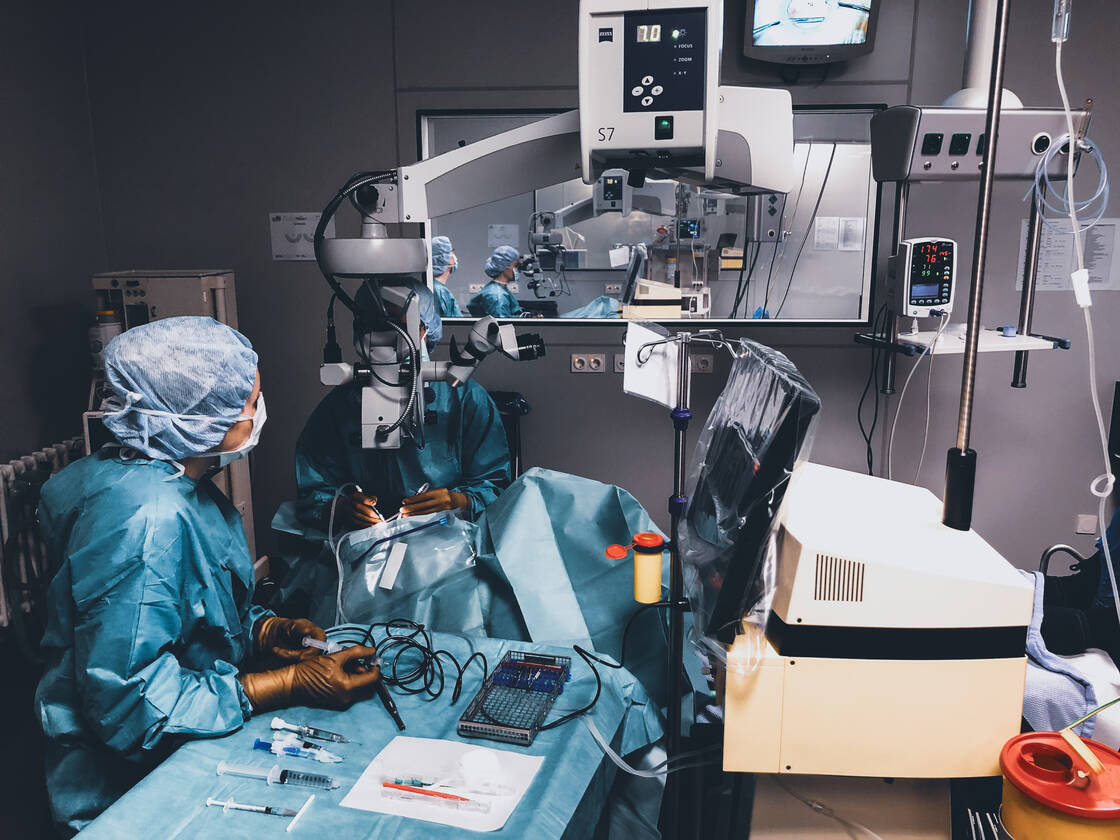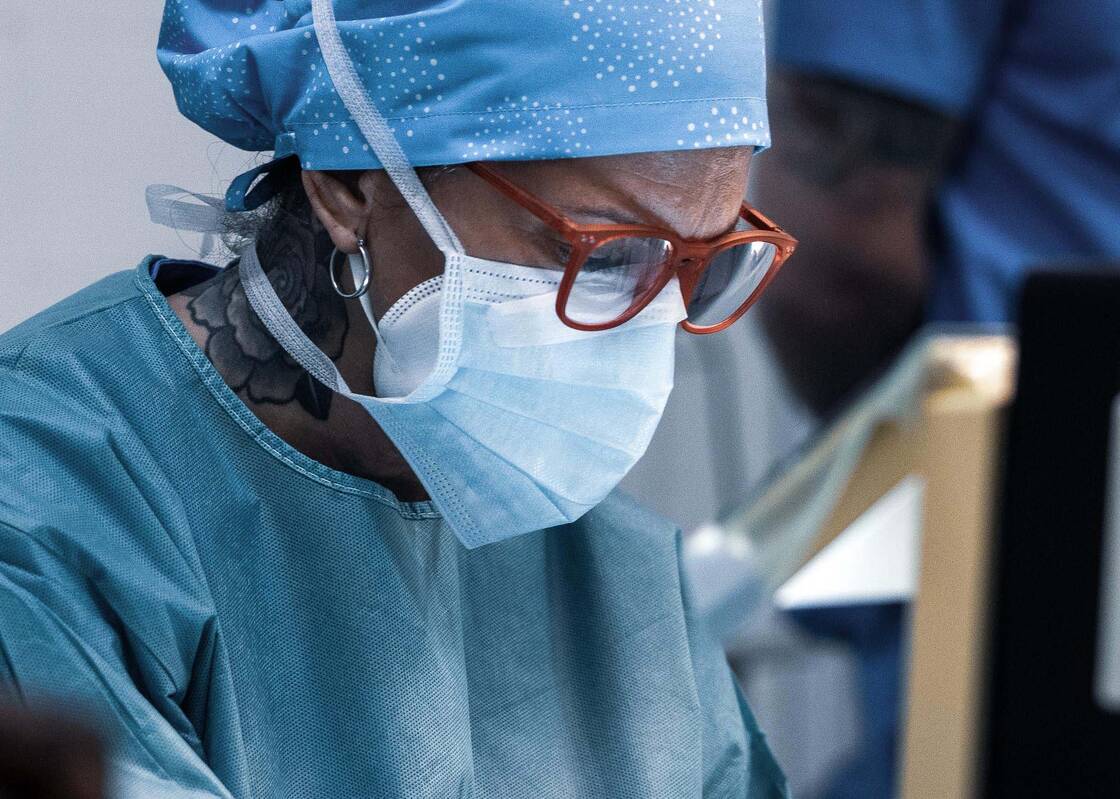
Office-Based Surgery vs. Ambulatory Surgery Centers in Ophthalmology: An Introduction
Published: 04/09/2024, Reading time: 4 minutes
Overview ASC and OBS in ophthalmology
The landscape of ophthalmic surgery is undergoing a transformative shift. Traditionally, procedures such as cataract surgery have been conducted in hospitals or Ambulatory Surgery Centers (ASCs). However, an emerging trend is gaining momentum, especially in the United States: Office-Based Surgery (OBS). As more ophthalmologists explore this option, understanding the differences, advantages, and potential challenges of OBS compared to ASCs is crucial.

The USA statistics in ophthalmic surgery
Over 4 million cataract surgeries are performed annually in the United States by approximately 9,000 surgeons. With an aging population, the demand for these procedures is projected to increase by 3-4% each year, potentially reaching six million surgeries by 2030 1.
What is Office-Based Surgery (OBS)?
Office-Based Surgery refers to surgical procedures performed in a physician's office rather than in a hospital or Ambulatory Surgery Center (ASC). In the realm of ophthalmology, this practice is gaining traction, driven by a growing emphasis on providing more personalized and convenient patient care. According to Review of Ophthalmology, the number of centers offering office-based cataract surgery has grown significantly since 2017, with over 150 to 200 centers now offering such services across the United States 1.
Proponents of OBS, like Dr. Lance Kugler, emphasize its benefits, including increased patient comfort, reduced anxiety, and greater control over the surgical environment 1. Unlike the sterile and often intimidating atmosphere of ASCs, OBS allows patients to undergo surgery in a familiar setting. This not only improves the patient experience but also allows surgeons to tailor the procedure more closely to individual needs.
Office-based cataract surgery has become increasingly popular among refractive and cataract surgeons in the US. Jack S. Parker MD explains the four main reasons why he chose to rely on our CataRhex 3 for his modern office-based surgery suite at Parker Cornea in Birmingham.
What is an Ambulatory Surgery Center (ASC) and what role does it play?
Ambulatory Surgery Centers (ASCs) are specialized healthcare facilities designed for same-day surgical care. ASCs are equipped with advanced technology and staffed by specialized personnel, making them ideal for complex ophthalmic surgeries that require a higher level of care. Unlike OBS, ASCs provide a controlled, complete sterile environment essential for procedures with potential risks, such as vitreoretinal surgeries, ensuring patient safety and access to emergency care.
Despite the rise of OBS, ASCs continue to be the preferred setting for many ophthalmologists, particularly for patients who require IV sedation or have significant health concerns. Dr. Jason Stahl, an ophthalmologist practicing in Kansas, notes that while OBS is highly effective for many patients, those with more complex needs are better served in an ASC, where specialized anesthesia care is readily available 1.

Safety Considerations and Concerns about OBS and ASC
Safety is a critical concern in any surgical setting, and both OBS and ASCs have their respective strengths. According to research cited by Review of Ophthalmology, the safety outcomes of OBS are comparable to those in ASCs, with similar or even lower rates of adverse events such as postoperative infections or complications 1. In a study involving over 18,000 cases of office-based cataract surgery, the rates of postoperative complications were minimal, supporting the viability of OBS as a safe alternative to traditional surgery centers.
However, some experts, such as Dr. Frank Cotter, caution against the widespread adoption of OBS. Dr. Cotter raises concerns about the lack of certain safety features in OBS settings, such as backup generators and specialized anesthesia staff, which are standard in ASCs 1. These factors, he argues, could compromise patient safety in more complex cases.

Financial and Operational Considerations
From a financial perspective, OBS offers several advantages over ASCs. The cost of setting up an office-based surgical suite is significantly lower than that of an ASC, making it a more accessible option for smaller practices 2.
Furthermore, the operational flexibility of OBS allows surgeons to control scheduling, equipment, and costs more effectively. This autonomy can lead to more efficient workflows and reduced overhead, ultimately benefiting both the practice and the patients.
The Future of Ophthalmic Surgery
The choice between Office-Based Surgery and Ambulatory Surgery Centers ultimately depends on a variety of factors, including the complexity of the procedure, the patient’s health status, and the resources available. While OBS offers significant advantages in terms of patient comfort, cost, and surgeon control, ASCs remain the gold standard for more complex cases requiring advanced care.
As the field of ophthalmology continues to evolve, the adoption of OBS is likely to increase, particularly for less complex procedures. However, the continued role of ASCs will be vital in ensuring that patients with higher risks receive the care and attention they need. Ophthalmologists must weigh these factors carefully when deciding the best surgical setting for their patients.
Phaco History
Check out our blog about the history in phacoemulsification - and more.
Robotics and AI in ophthalmology
Discover the latest innovations and get all the information you need on this topic.
Glaucoma and HFDS
HFDS shows its love for the eyes by offering a minimally invasive and gentle approach to glaucoma treatment. Check it out.
Oertli data on file
This blog post now accurately references the provided sources in the correct order, ensuring clarity and proper attribution of information. If you have further adjustments or additions, feel free to ask!
This blog was written with the support of artificial intelligence (Chat-GPT).

